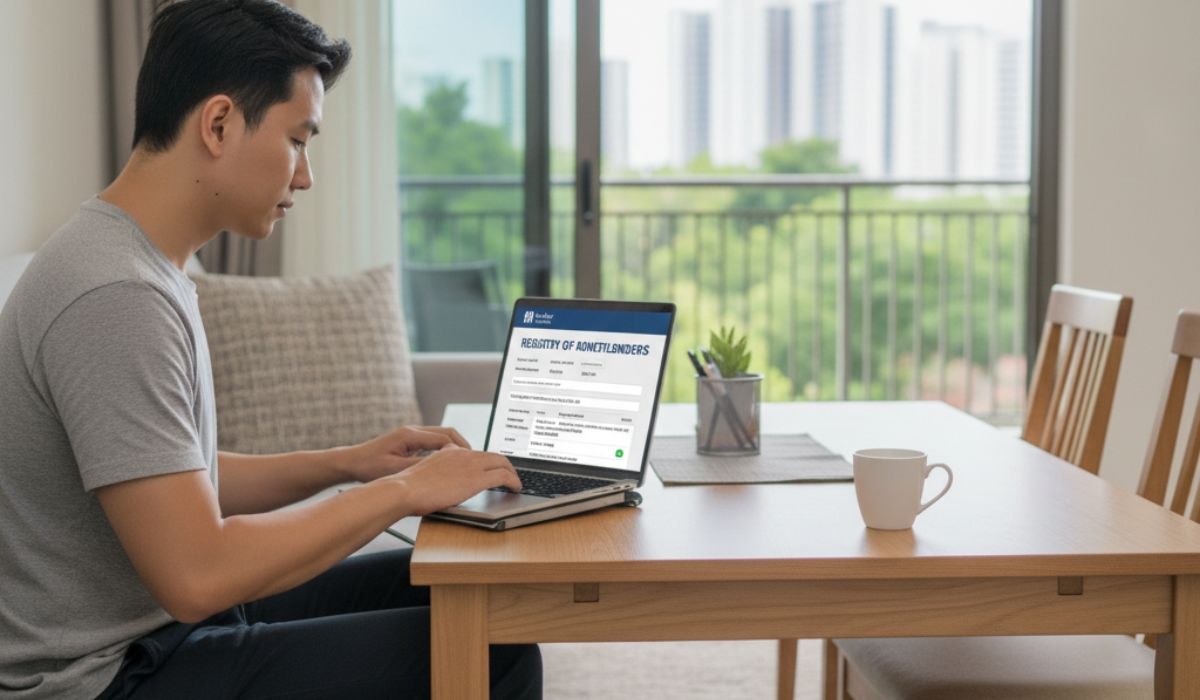The Ministry of Law (MinLaw) and the Police Department have released an official warning against a new type of fraud scheme that has become widely prevalent in Singapore since September 2019. According to the joint statement issued by the authorities, scammers have already managed to cheat victims of at least S$110,000. The joint statement has been released by the MinLaw’s registry of moneylenders and the police and states that more than 20 reports of the scam have been received since September.
Also, the latest Police advisory on loan scams also stated that between January and December 2019, there are at least 1700 reported cases that are linked to illegal money lending activities. And, this accounted for at least $6.8 million cheated.
Under this new scam, scammers offer loans to victims by sending unprompted messages. In the case a victim replies, the scammers send the victim PDF documents mimicking the official seal of MinLaw or the Monetary Authority of Singapore. These documents ask the victims to make a deposit and pay 7% GST as requirements for loan approval. The documents sent to the victim also elaborate on the process to hand over the required pre-loan-approval amount in cash.
In case the victim refuses to pay the pre-loan-approval amount, the scammers follow the initial documents with loan-approval documents. Many victims have told the authorities that the scammers harassed them on the ground that the cash had to be paid as the loan had already been cleared. Scammers also told them that the only way to cancel the loan is to pay a processing fee. The joint statement clearly stated that the documents sent imitate the official documents so that victims can be fooled into believing that they are working with an authorised Moneylender.
The Ministry of Law and the Police have warned members of the public to be wary of unsolicited text messages from WhatsApp or SMS offering loans.
In its joint statement, MinLaw and the Police Department has cleared that it is illegal for licensed moneylenders to send unsolicited messages or make unprompted phone calls. The police also advised people against responding to any messages that look like a fraud. The police have asked people to block any such numbers using third-party applications and report them immediately as spam. The police have also advised people against sharing any personal information, such as bank account details and their NRIC, over messages or calls. Borrowers seeking loans must divulge personal information only while speaking to a representative in person.
The statement issued further cleared that loans cannot be cleared over phones as moneylenders are required to establish the identity and specifics of a borrower as a mandatory formality for loan processing. Similarly, it is also illegal for licensed moneylenders to demand a processing fee, including GST and administrative fees before a loan has been disbursed. The statement further cleared that though some licensed moneylenders charge an administrative fee on successful disbursement of a loan, this fee is deducted from the loan amount disbursed to the borrower and cannot be charged until the loan has been approved.
As a summary, the advisory highlighted to the members of the public, the following:
1. Licensed Moneylenders are not allowed to send unsolicited messages or make cold calls.
2. A licensed moneylender must verify a borrower’s identity on its registered place of business. Also, the loan can only be granted if the borrower go down to the licensed moneylender’s approved place of business. The loan cannot be approved or granted via text messages or calls or remotely. To verify the registered business address of a licensed moneylender, you can check on the list of licensed moneylenders provided by the Registry of Moneylender.
3. A licensed moneylender is not allowed to ask for payment before disbursement of the loan or to secure the disbursement of the loan – this may include GST, processing fee, administrative fee, or any other fees. Take in mind that a licensed moneylender is only allowed to charge an administrative after the loan is granted – this is usually deducted on the principal amount of your loan.
As a precautionary measure, you must do the following:
1. Do not reply from unsolicited messages. You must ignore their advertisements.
2. Do not divulge your personal information to anyone – e.g. NRIC, Singpass or bank accounts
The public has been advised to stay cautious and avoid any spam calls. Moreover, public members dealing with a similar situation or getting unsolicited messages or calls can:
1. Reach out to the police department through their helpline number at 1800-255-0000. In case any public member wants to make a report or formal complaint, they can do so at www.police.gov.sg/iwitness.
2. If you require further police assistant, just dial ‘999’.
3. Call the X-Ah Long hotline at 1800-924-5664 to report illegal moneylenders or involved in loansharking activities.

There is also an anti-scam helpline in place if you want more information on this new type of scam. Public members can reach anti-scam officials helpline at 1800-722-6688 or visit www.scamalert.sg/scam-details/loan-scam
Updated: August 2020
















